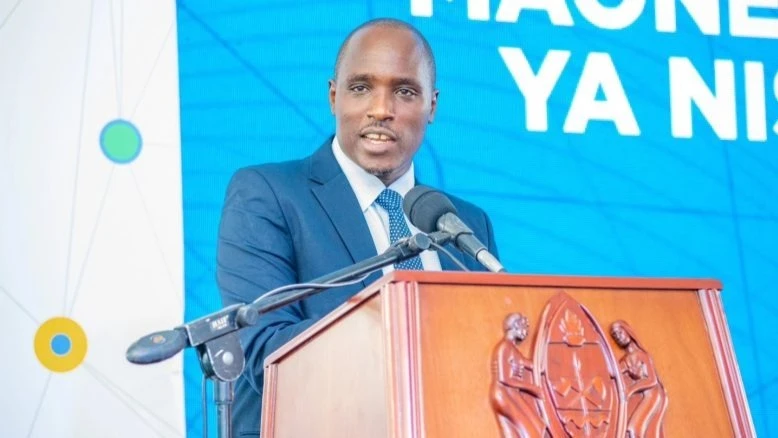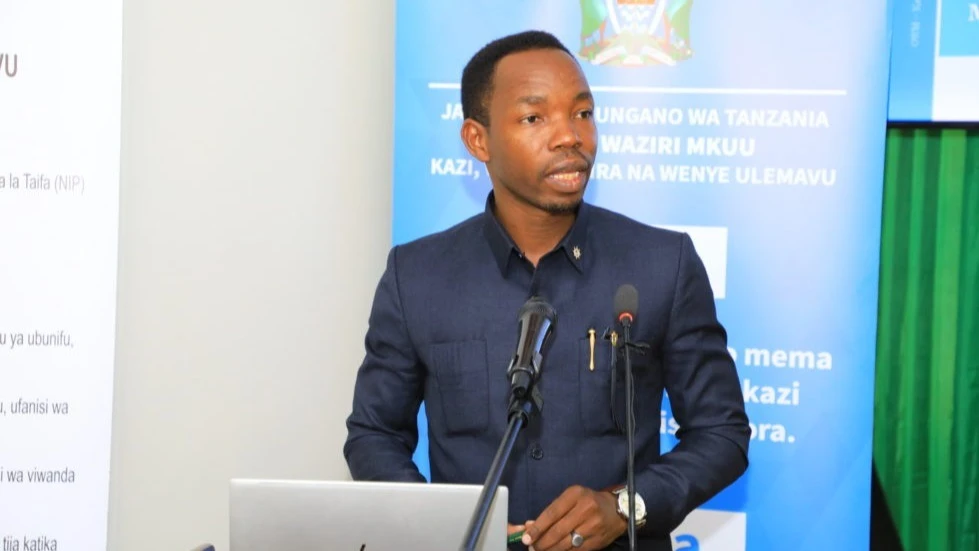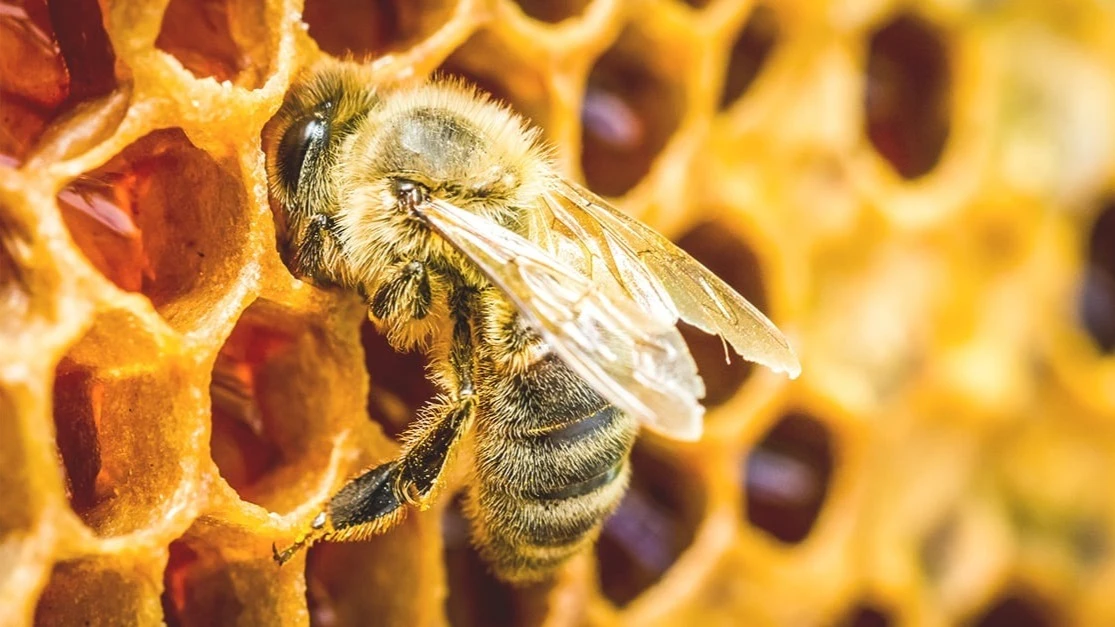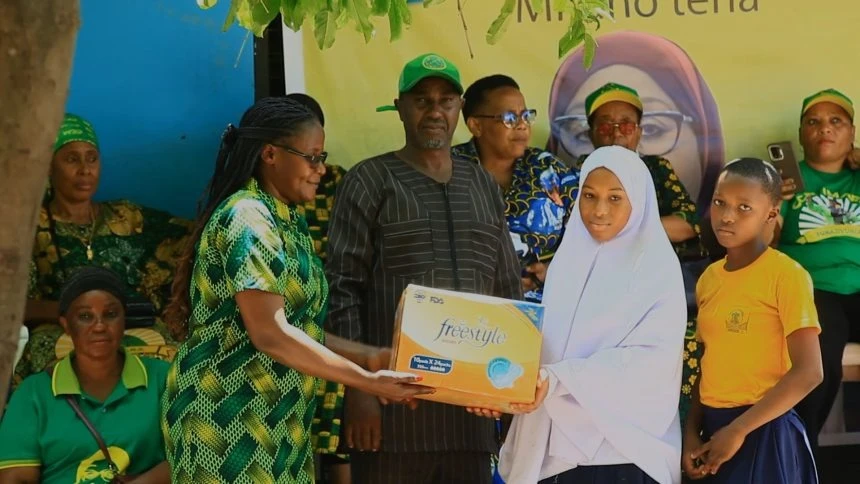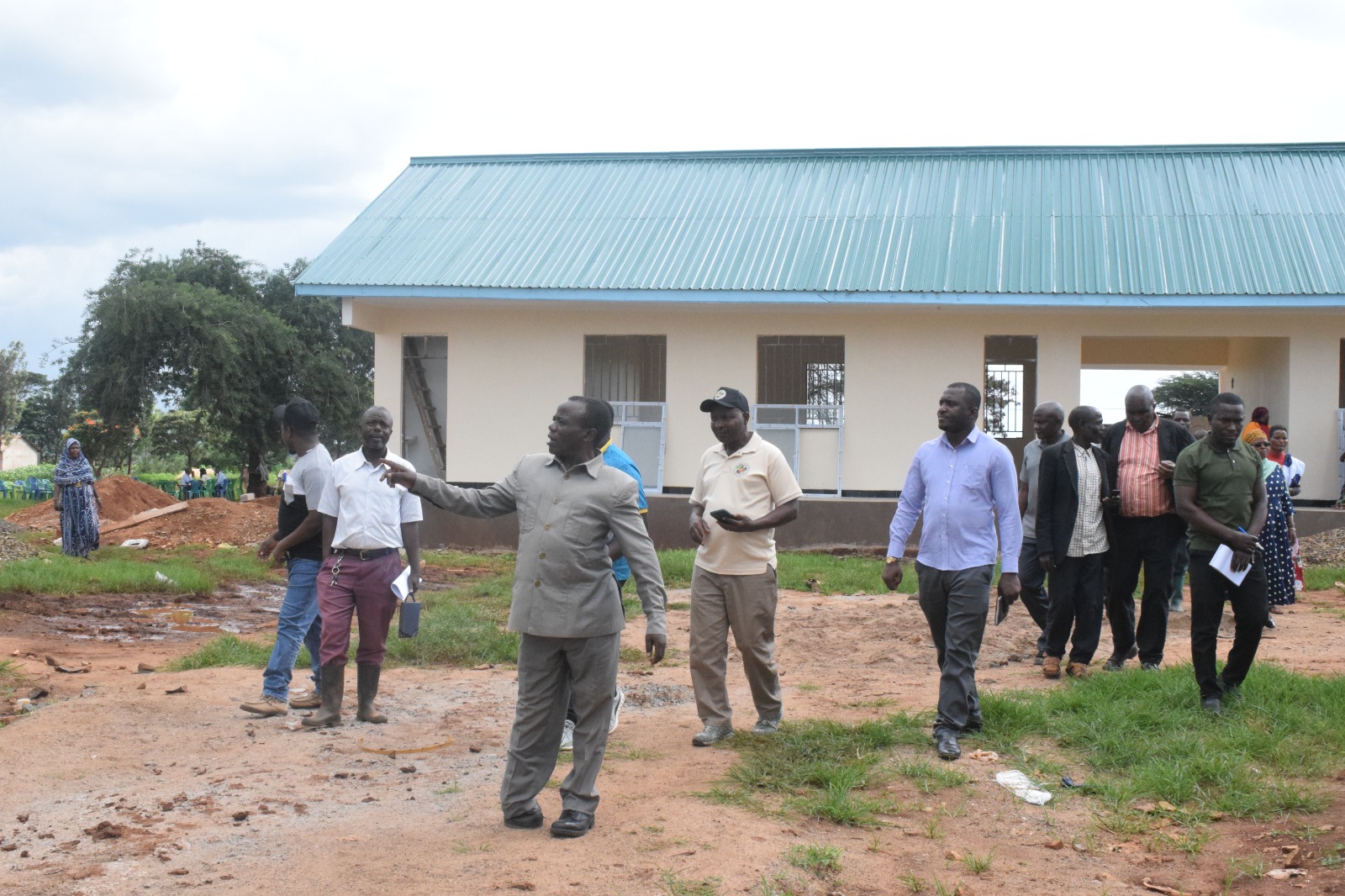Govt hints at shore drones ahead of OACPS meeting
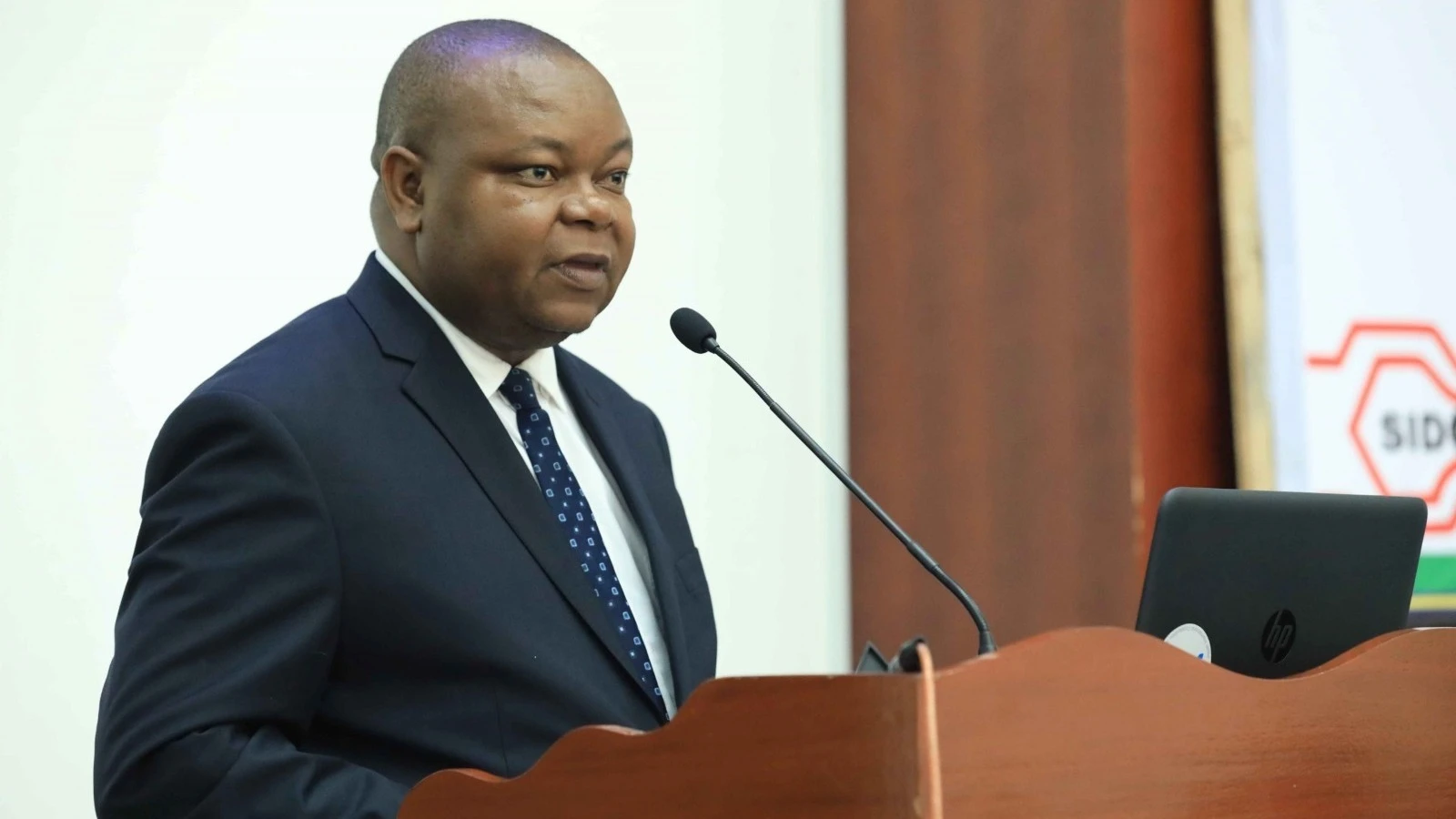
THE government is in preparatory stages of using drones for surveillance of water bodies to control illegal fishing especially in deep sea.
Prof Riziki Shemdoe, the Livestock and Fisheries permanent secretary made this observation in Dar es Salaam yesterday at a host agreement signing ceremony ahead of a council of ministers session for the Organisation of African, Caribbean and Pacific States (OACPS) next month.
The government intends to use various technologies including drones to control blast fishing and other illegal means threatening sea life ecosystems, he said, explaining that drones will help the relevant authorities to know who is doing what and where.
“We want to embrace technology,” he emphasised, citing it as a key issue to be discussed during the ministerial session, with illegal fishing having struck headlines due to observations by the Controller and Auditor General (CAG) in his latest annual report.
It says that significant losses were registered from illegal fishing, amounting to about 15.2bn/- ($5.9m) from 2019 to 2023.
The fiscal 2022/2023 report says most illegal fishing activities were carried out using unregistered and unlicensed vessels in the territorial sea, with Tanzanian portions in the major lakes of Victoria, Tanganyika and Nyasa littered with similar intruders.
Auditing fisheries resources management, the report puts at 72.99 percent of operating fishing vessels in territorial waters as a whole as unregistered and unlicensed, sending waves of disbelief among legislators and other stakeholders.
Out of 28,615 vessels engaged in fishing activities across various water bodies within national territory, a total of 20,885 vessels were not registered or licensed, it said.
The council of ministers is the main decision-making body for the organisation, which makes its organisers see it as a summit, responsible for implementing the guidelines laid down by the Heads of State.
Signing the host agreement for the 8th OICP session of the council of ministers responsible for waters and the blue economy lays the basis for preparations of the agenda, focusing on how people surrounding water bodies can benefit from the resources.
Fishing, aquatic resources and other sources of income generation feature in the bill, encompassing the war against illegal fishing, with the ministers expected to make resolutions on policies needing to be formulated to oversee rescue efforts as disasters appear to be on the rise, given the gathering strength of cyclones and hurricanes.
Tanzania issued a bid to host the conference at which the West African state of Niger applied, where Tanzania approved the requisite budgetary demands faster than its competitor.
Jestas Nyamanga, Tanzania’s ambassador to the European Union organs in the Belgian capital of Brussels, said the meeting is an opportunity as the government is engaged in a vast effort for developing the blue economy. Fisheries and seaweed farming top the list of initiatives in that regard, he added.
Top Headlines
© 2025 IPPMEDIA.COM. ALL RIGHTS RESERVED









